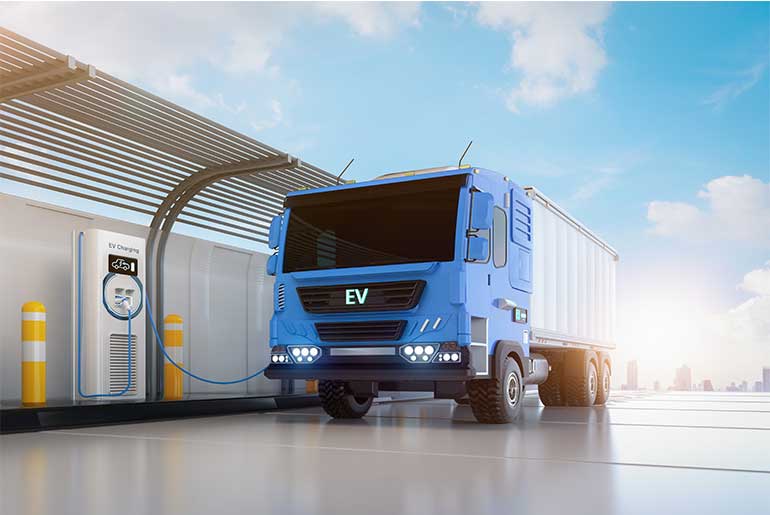Shell announces a new integrated charging network that enables fleets without depot capacity to electrify without investing in additional infrastructure, providing long-haul electric vehicles with access to both proprietary and roaming charging networks, along with stable and reduced energy pricing across the system.
The way the charging places will be connected has not been provided. But SBRS, which is a subsidiary of the Shell Group, will provide the depot-based services of the network, such as charging hardware, software integration, and energy system services, even as the remaining parts of the network will be retained as usual. According to Shell, the network members, i.e., those that will provide their own charging points, will be able to earn revenue and cost energy better.
The German logistics company Contargo has already been put forward as an interested party for the charging network, with SBRS acting as the technology partner for the development of a large private depot charging network at the company.
Kristin Kahl, Management Sustainable Solutions at Contargo: “We truly value our collaboration with SBRS. Fleet electrification only works when charging is fully integrated into daily operations, which is why we’ve combined different models across our network. With Contargo planning to roll out 90 electric trucks and 90 charging points by the end of the year, we’re observing how integrated infrastructure can support scaling up and contribute to reducing emissions in logistics operations.”
On the customer-facing side, the new network is offering a so-called turnkey solution; that is, customers should be able to access charging infrastructure, energy management tools, and power delivery with the help of a personalized offer. In other words, Shell is confident that a certain number of fleet operators having chosen such a method will not have to have their own depot at all.
Conrad Mummert, Head of SBRS at Shell, commented, “Our integrated charging network supports fleet operators by providing dependable access and helps to reduce the total cost of ownership for battery-electric trucks by up to 25%. 1That reduction is driven by a combination of cost-saving and revenue-generating opportunities—from stable, discounted energy pricing and charging optimization to monetizing depot access during off-peak hours.”



